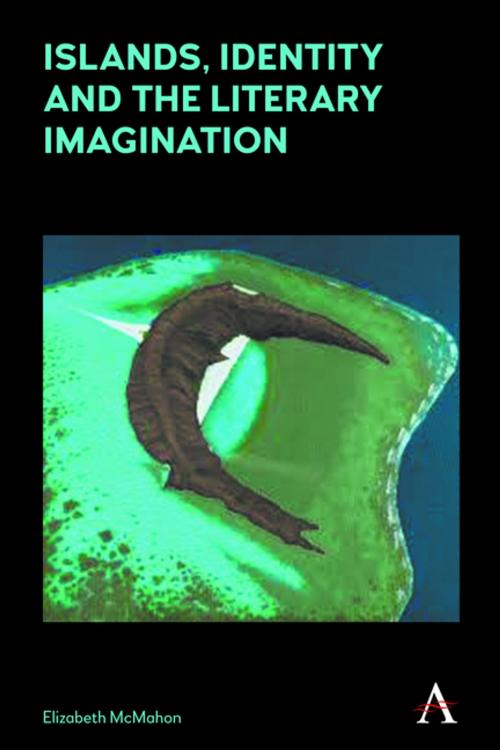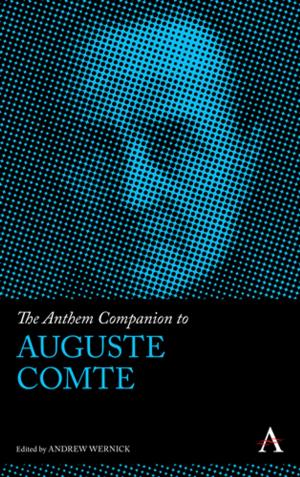Islands, Identity and the Literary Imagination
Fiction & Literature, Literary Theory & Criticism, Australian & Oceanian, Nonfiction, Art & Architecture, Architecture, Landscape| Author: | Elizabeth McMahon | ISBN: | 9781783085361 |
| Publisher: | Anthem Press | Publication: | July 9, 2016 |
| Imprint: | Anthem Press | Language: | English |
| Author: | Elizabeth McMahon |
| ISBN: | 9781783085361 |
| Publisher: | Anthem Press |
| Publication: | July 9, 2016 |
| Imprint: | Anthem Press |
| Language: | English |
Australia is the planet’s sole island continent. This book argues that the uniqueness of this geography has shaped Australian history and culture, including its literature. Further, it shows how the fluctuating definition of the island continent throws new light on the relationship between islands and continents in the mapping of modernity. The book links the historical and geographical conditions of islands with their potent role in the imaginary of European colonisation. It prises apart the tangled web of geography, fantasy, desire and writing that has framed the Western understanding of islands: their real and material conditions and their symbolic resonance from antiquity into globalised modernity. The book also traces how this spatial imaginary has shaped the modern 'man' who is imagined as being the island's natural inhabitant or mirror. Importantly, the book challenges these habits of thought by their relocation within larger topological and imaginary visions from islanders themsleves.
Australia is the planet’s sole island continent. This book argues that the uniqueness of this geography has shaped Australian history and culture, including its literature. Further, it shows how the fluctuating definition of the island continent throws new light on the relationship between islands and continents in the mapping of modernity. The book links the historical and geographical conditions of islands with their potent role in the imaginary of European colonisation. It prises apart the tangled web of geography, fantasy, desire and writing that has framed the Western understanding of islands: their real and material conditions and their symbolic resonance from antiquity into globalised modernity. The book also traces how this spatial imaginary has shaped the modern 'man' who is imagined as being the island's natural inhabitant or mirror. Importantly, the book challenges these habits of thought by their relocation within larger topological and imaginary visions from islanders themsleves.















